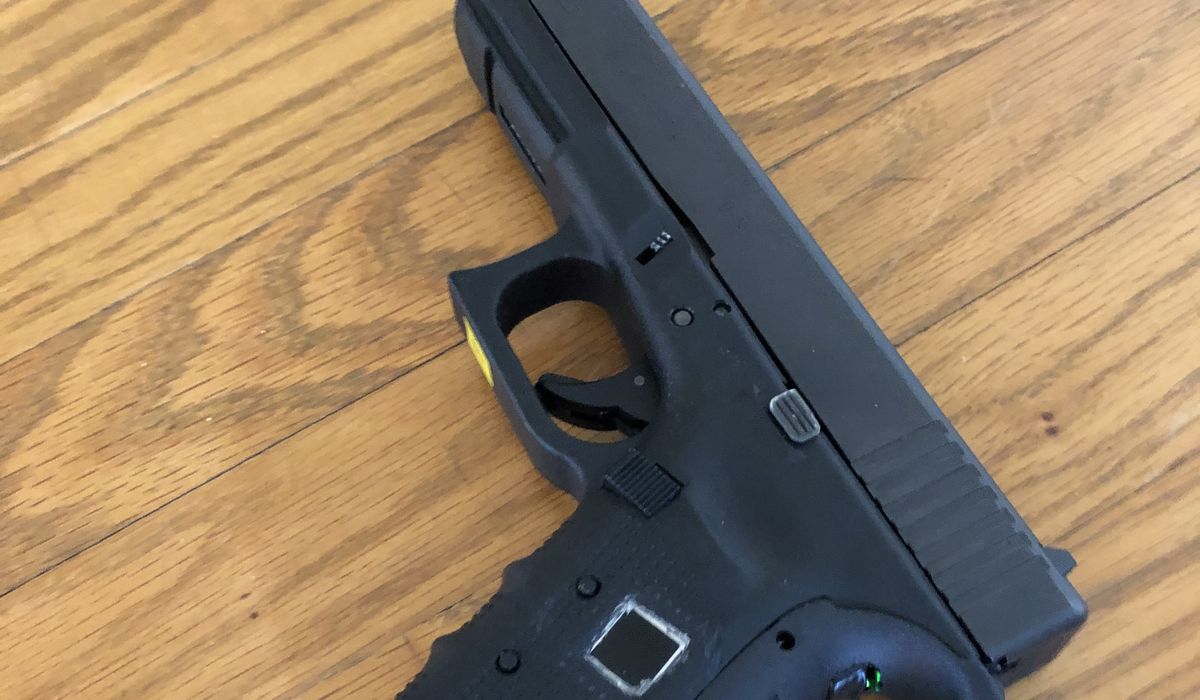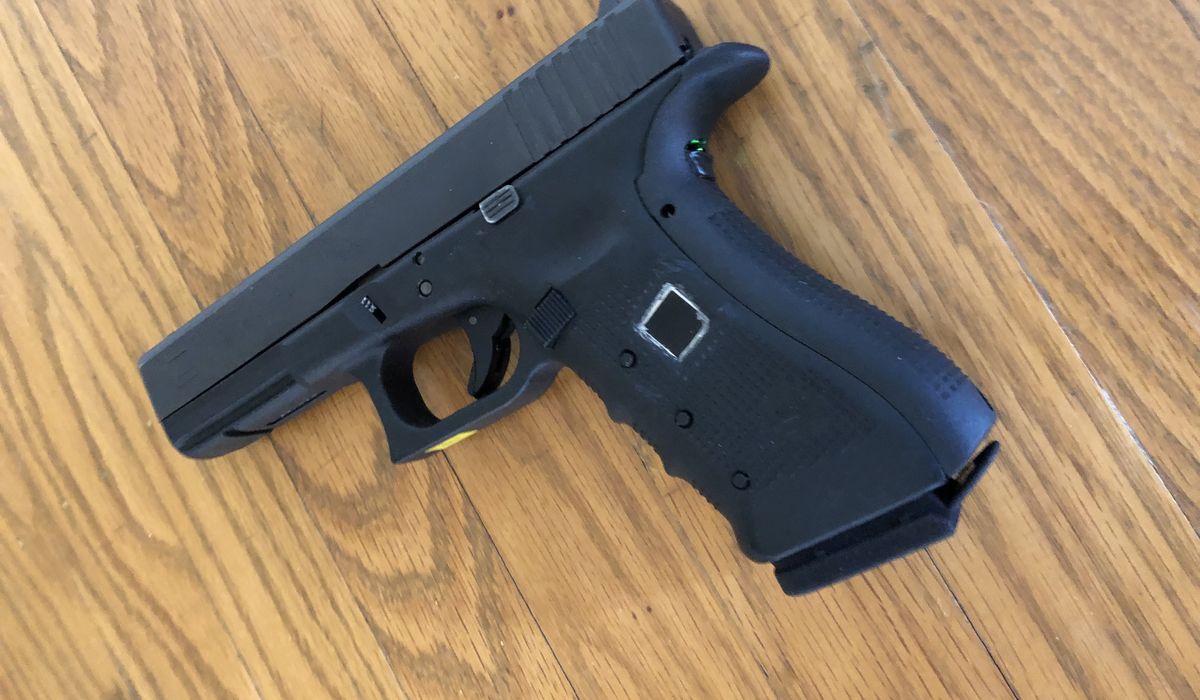
So-called smart guns that only verified users can fire will become available commercially in the U.S. this year, shaking up an industry excited to court first-time gun owners but concerned about keeping the government from mandating the technology.
Gunsmiths such as SmartGunz LLC in Kansas, LodeStar in Pennsylvania and Biofire in Colorado are manufacturing 9 mm pistols with a variety of user recognition technologies: Bluetooth, biometric fingerprint scans, PIN codes that must be entered before firing and radio frequency identification (RFID) activated by a ring on the user’s finger.
The gunmakers say such identity verification measures could help reduce the number of stolen weapons, accidental shootings and suicides each year while giving authorized users quicker access than that allowed by requirements that guns and ammunition be stored and locked separately.
“We believe that the safest firearm is one that only the owner and those they choose can access,” Biofire states on its website.
The gun industry remains skeptical. Mark Oliva, a spokesman for the National Shooting Sports Foundation, a trade association that represents U.S. gun manufacturers, said electronic safety features could be dangerous in home defense emergencies.
“A firearm that you buy to protect yourself needs to work instantly every single time,” Mr. Oliva said. “If it fails or jams, that’s going to be a life-changing issue.”
SmartGunz founder Tom Holland said his company’s modified 1911 Sentry smart pistol with RFID activation will appeal to safety-minded buyers when it ships to selected law enforcement agencies for field testing next month and to general consumers in April.
“To me, smart guns are just another tool for people who want an added safety feature,” said Mr. Holland, a former Kansas state senator. “It has nothing to do with saying traditional firearms should be banned. It’s more for law enforcement officers who don’t want hostile people to grab their guns and for first-time gun owners with children who would not normally have a firearm in the house.”
To fire the SmartGunz 1911 Sentry, an owner must wear a special RFID chip ring on the index or middle finger of their trigger hand while firmly gripping the weapon.
LodeStar is creating an entirely new gun that will take the rest of the year to test and develop. Its 9 mm LS9 pistol is Bluetooth-activated. The owner can press a finger to a biometric fingerprint scanner on the side of the gun when firing or enter a PIN wirelessly on a cellphone app or manually on a push-button pad before firing.
Gareth Glaser, who co-founded LodeStar four years ago, said the LS9 also can be used without the safety locks and be programmed to detect when the owner holds it, allowing the gun to be in a default off position without shutting down.
“We want to have guns that can be used safely with modern technology,” Mr. Glaser said. “We’ve tried to develop this firearm to be locked or unlocked as quickly as possible.”
Biofire will have a built-in fingerprint scanner on the grip of its smart pistol.
Laramy O’Leary, owner of L&L Outdoors gun shop in Oklahoma, said he will welcome smart guns because of his safety concerns as the father of a 6-year-old.
“I think it’s a great option,” Mr. O’Leary said. “You can never be too safe about guns with kids at home.”
The arrival of smart guns is good news to gun control groups, which have long called for the federal government to mandate such safety features on all firearms.
Everytown for Gun Safety, a nonprofit financed by billionaire Michael R. Bloomberg, shared a webpage with The Washington Times that says smart guns “turn stolen guns and guns accessed by children into harmless pieces of steel.”
“If widely implemented, it would be a game-changer for keeping guns out of the hands of children and criminals,” Everytown says on the website. It says more than 37,000 Americans die from gun violence annually.
The National Rifle Association, the nation’s largest gun rights advocacy group, said it “does not oppose” the development or sale of personalized guns as long as they don’t infringe on the Second Amendment right to buy traditional firearms.
“The NRA does oppose laws that seek to mandate Americans to exclusively acquire or possess only so-called smart guns,” spokeswoman Amy Hunter wrote in an email.
The companies behind the new weapons said they chose to make 9 mm pistols because of increased demand for that size from first-time gun owners seeking home protection during the COVID-19 pandemic.
It remains to be seen whether gun owners will embrace the weapons.
Mr. Oliva, the gunmakers’ trade association spokesman, said the tendency of smartphones not to recognize “a wet or dirty finger” suggests fingerprint scanners on smart guns will have similar problems.
Because all firearms sold in the U.S. already come with cable locks that render them inoperable when the owner wishes, he said, the user-recognition technology isn’t necessary.
“We don’t oppose the development of these products because we think the market should decide,” Mr. Oliva said. “But we do oppose any sort of government mandate or law that requires stores to sell them or owners to buy only this kind of gun.”
Jonathan F. Thompson, executive director of the National Sheriffs’ Association, said it would be premature for police departments to start using smart guns.
“While technology can solve many problems, there remain significant and dangerous hurdles for the manufacture of firearms to successfully attach firearms to one specific person,” Mr. Thompson said.








